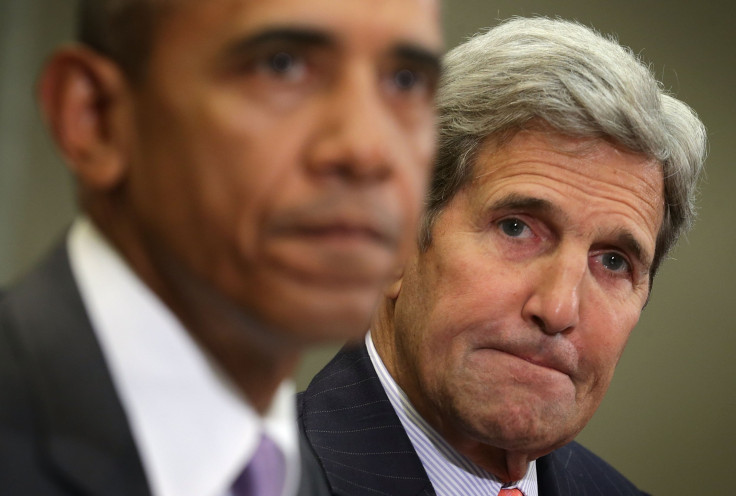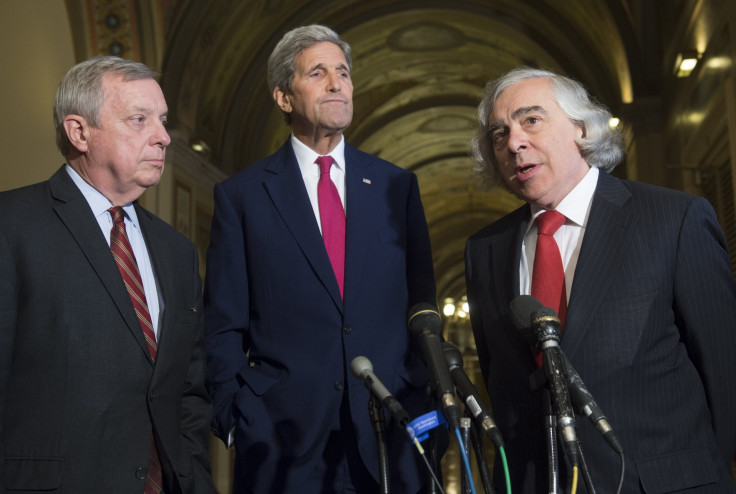Iran Nuclear Deal Update: Senate Democrats Protect Deal; What Happens Next

Senate Democrats blocked a Republican resolution to reject President Barack Obama’s Iran nuclear deal Thursday, the New York Times reported. Republican efforts to block the controversial agreement died in the Senate after 42 Democrats filibustered a procedural vote related to the deal.
The procedural vote needed 60 votes to pass, and would have allowed the Senate to cast a separate vote, called a resolution of disapproval, against the Iran deal and retract Obama’s ability to waive numerous sanctions against Iran. The resolution of disapproval would have required only a simple majority in order to pass, the Huffington Post reported. The vote was 58-42.
"This vote is a victory for diplomacy, for American national security, and for the safety and security of the world," Obama said in a statement, CNN reported. "I am heartened that so many senators judged this deal on the merits, and am gratified by the strong support of lawmakers and citizens alike."

Following the Senate vote, the House passed a resolution on a straight-party vote, citing that Obama did not comply with the law in regard to the Iran deal because he did not provide Congress with detailed information on “side deals” governing inspections on possible nuclear sites, according to CNN. The resolution also stated the 60-day time period for Congress to approve the deal has not begun yet. The House is scheduled to vote Friday on a resolution of approval and a resolution of disapproval of the nuclear deal.
Although the resolution could present a legal battle for the Obama administration, it will still not prevent the Iran deal from going through, at least in the short term. The successful Senate filibuster ensures Obama will not have to rely on a veto to save the deal. The Senate is set to vote one more time before the Sept. 17 deadline, said Senate Majority Leader Mitch McConnell, but seemed to accept that they would most likely not be able to stop the deal from being implemented by Congress, the Washington Post reported.
“If we want to do anything further about this Iranian regime, bring me a bill with enough co-sponsors to override a presidential veto,” said McConnell told colleagues after Thursday’s vote, the Washington Post reported. “Otherwise, the American people will give us their judgment about the appropriateness of this measure a year from November.”
© Copyright IBTimes 2025. All rights reserved.





















